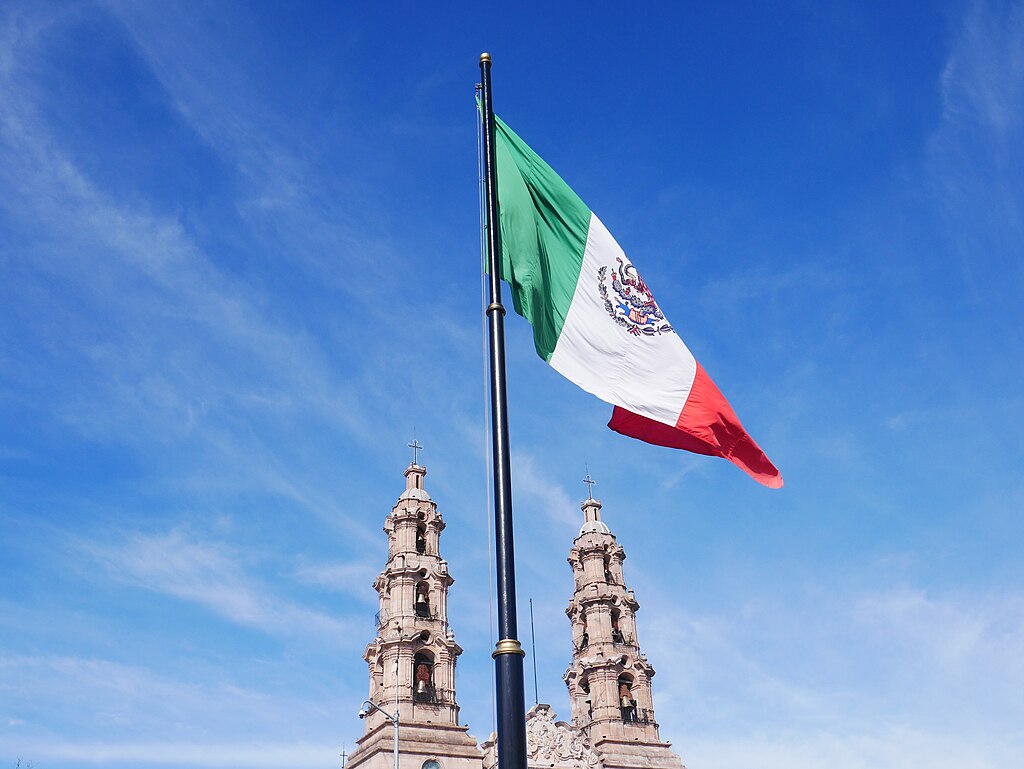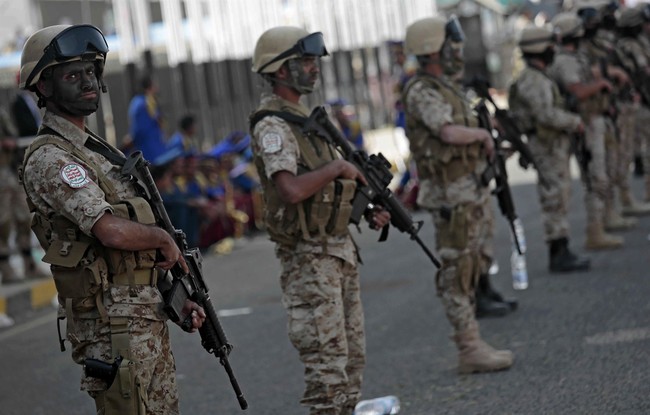Georgia's EU Aspirations Meet Intense Political Turmoil
In recent days, Georgia has witnessed intense political unrest following the government's controversial decision to delay EU accession talks until 2028 amidst allegations of election fraud.
Published December 06, 2024 - 00:12am

Image recovered from arabnews.com
Political unrest has engulfed Georgia, marked by significant mass protests against the ruling government. The decision by Prime Minister Irakli Kobakhidze to defer EU accession discussions until 2028 has acted as a catalyst for widespread public dissent. This move is perceived by many as a deviation from the nation's pro-European ethos, enshrined in its constitution and supported by a significant majority of its populace.
The contested parliamentary elections held in October have further exacerbated the situation. Salome Zurabishvili, Georgia's pro-European president, along with opposition parties, have challenged the legitimacy of the election results. They claim the results were manipulated in favor of the ruling Georgian Dream party, demanding a re-run of the elections as a primary condition for the protests. However, their hopes were dashed when Tbilisi's top court dismissed the lawsuit seeking to annul the election results.
The reaction of the government to ongoing protests has raised significant international concern. Reports suggest an aggressive police response with the use of water cannons and tear gas to disperse demonstrators. This has drawn sharp criticism from Western countries and international organizations, highlighting a severe violation of human rights and democratic freedoms. NATO and the United States, among other entities, have condemned the excessive force used against peaceful protesters who are exercising their fundamental right to assembly.
Within the public sector, there is a palpable sense of discontent. Several officials, including ambassadors and a deputy foreign minister, have resigned in protest against the government's repressive stance. Prime Minister Kobakhidze, however, has remained defiant, accusing the protests of being funded from abroad and vowing to take action against those he claims are instigating violence. His invocation of rhetoric reminiscent of Kremlin strategies has further inflamed tensions, solidifying fears that Georgia may be drawing closer to Russian influence.
In the backdrop of these protests is the geopolitical tension surrounding Georgia's strategic alignments. For many Georgians, the European Union symbolizes a pathway to greater democracy and prosperity, insulating them against Russian influence. The demonstrators, often waving EU flags, fear that by delaying EU talks, the Georgian Dream party is pivoting towards Moscow, thereby jeopardizing the country's sovereign integrity and democratic values.
The protests have garnered unanimous support from President Zurabishvili, who has positioned herself as an ally of the demonstrators. Despite having limited powers, she has refused to resign, even as the opposition boycotts Parliament and serious allegations of systemic election-related irregularities come to light. Her establishment of a 'national council' to guide the transition reflects her commitment to a stable and democratic Georgia.
The longer-term implications of these protests are multifaceted. For one, the continuation of such intense political discord threatens to destabilize Georgia's domestic landscape, potentially leading to increased isolation from international partners. The suspension of strategic partnerships, notably by the U.S., in response to the government's actions, could have significant ramifications on Georgia's foreign relations and its pursuit of EU membership.
Moreover, the internal divide exacerbates governance issues, with implications for reforms and policies critical to Georgia's socio-economic development. Political polarization not only challenges the current regime but also impedes progress towards an integrated European future.
As the protest fervor shows no signs of waning, with nightly demonstrations continuing across various Georgian cities, the government remains under intense scrutiny. International observers and foreign governments are monitoring the situation closely, urging the Georgian authorities to uphold democratic principles, address citizens' grievances, and initiate genuine reform that aligns with European values.
The outcome of these protests is yet unknown, but it is clear that Georgia stands at a pivotal crossroads in its history. The choices it makes today will not only define its future trajectory but also its identity amidst the shifting political dynamics in the broader region.







